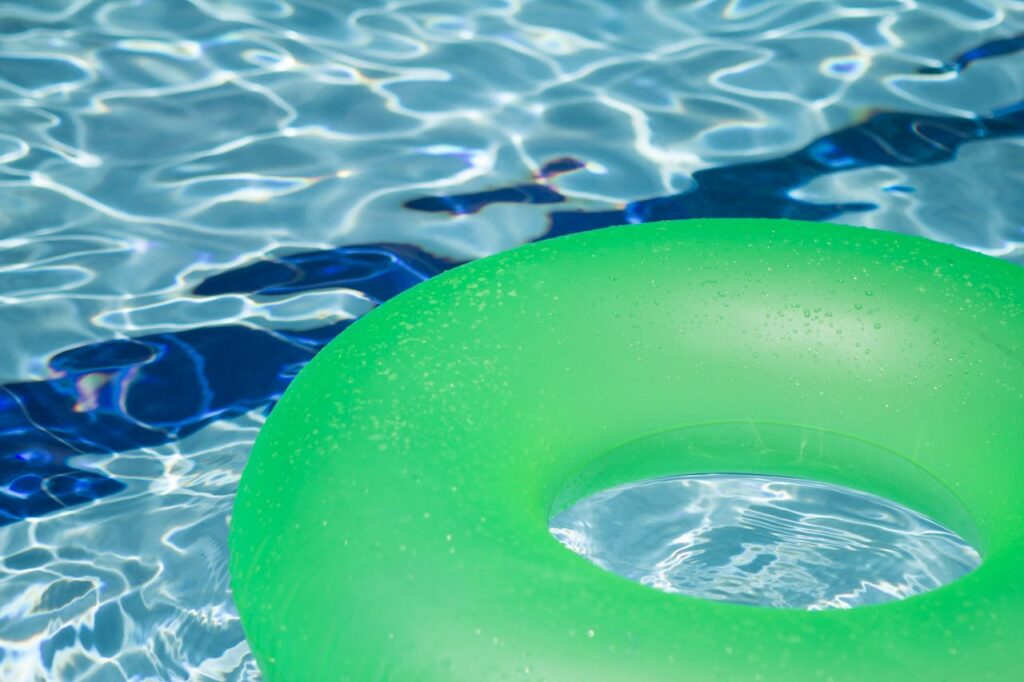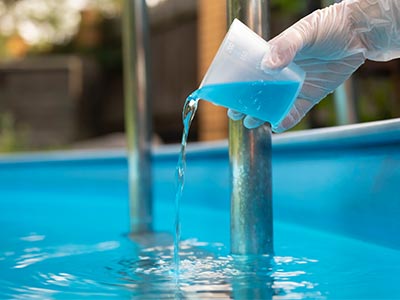What Is a Pool Stabilizer?
What is a pool stabilizer?
Cyanuric acid, or CYA, is an essential chemical that protects chlorine from ultraviolet radiation. Let’s take a closer look at how these water balancers work.How does a pool stabilizer work?
Free chlorine is the active sanitizing agent in most swimming pools, but it’s particularly sensitive to UV rays. Chlorine breaks down very quickly upon sun exposure, which can render it useless almost immediately without a pool stabilizer. CYA binds to chlorine molecules, which shields them from the sun, so they can effectively sanitize the water for longer periods of time.What’s the purpose of a pool stabilizer?
The primary goal of a pool stabilizer is to extend the life of the chlorine in your water. Since it helps maintain consistent chlorine levels, it encourages better sanitation, fewer algae blooms, and less frequent chemical additions to your pool. When we look at the big picture, a stabilizer allows for more efficient pool maintenance.When to add a pool stabilizer
 You’ll want to add pool stabilizer any time you add water to your pool and when water tests measure low CYA levels. Here are a few instances of when to use a pool stabilizer:
You’ll want to add pool stabilizer any time you add water to your pool and when water tests measure low CYA levels. Here are a few instances of when to use a pool stabilizer:
- Filling a new pool for the first time
- After draining and refilling, even partially
- At the beginning of the pool season

